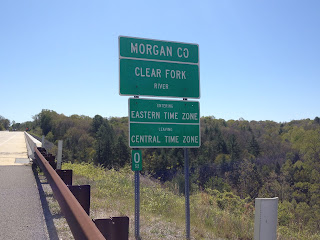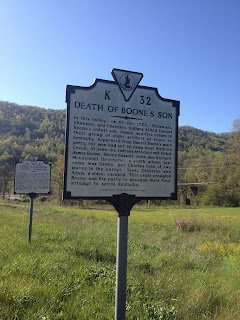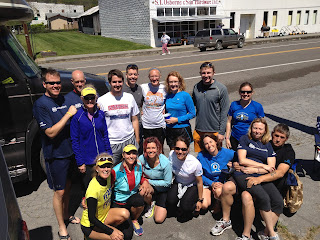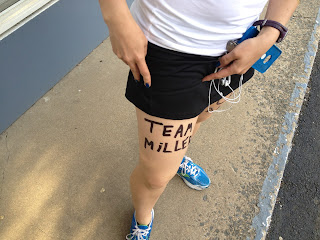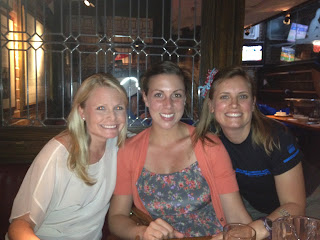as·sump·tion
Something taken for granted or accepted as true without proof; a supposition
I was reminded today that if you make assumptions, sometimes you miss out on something wonderful. Perhaps it is a friendship, an experience, or an opportunity for personal growth.
Working with geriatric patients, I say (very truthfully), that it is unusual if I don't see at least three people over the age of 90 in a given day. Being in a Washington, DC suburb, I am amazed at the histories many of my patients have. They served in the military, they are women who worked in the 40s even though the assumption is that most women stayed home... I have cared for a man who was a Secret Service agent for 4 presidents (and assured me he was not there when Kennedy was shot), one of the original Rockettes, and and a man who served in Korea, Vietnam, and World War II. What the last patient didn't tell me (but his sister did) is that he was a Tuskegee Airman. As we talked about it, I asked him which was the hardest conflict. He said the Battle of the Bulge was the worst.."It was cold and awful."
Why do I share this? Because I think I am so fortunate to meet such amazing people. Their stories are incredible, but you have to take the time to ask. It is so easy to see the "old man" or "old woman" in the bed and forget all the experiences that have shaped their lives.
Today, I performed a stress-test on an 80-something year old man. I was told beforehand by a physician that he had a "personality disorder" and was very difficult. In these situations...I like to employ my "shock and awe" strategy. (Also known as "kill them with kindness", though I do try not to kill my patients). When I got into our stress testing room, the patient was laughing with Leslie (our cardiopulmonary tech who sets up the test and runs the monitor) and Caren (our nuclear medicine technician). So far, so good. He made a joke which went over my head, and my colleagues laughed and told him to give me a second to warm up to his sense of humor.
Based on the initial information I had been given, I anticipated that this test would be difficult. I assumed wrong. The chemical stress test can be uncomfortable (and some people really complain), but this patient had a reasonable level of symptoms. He was totally kind and appropriate. When the test was over, we talked about him going to eat lunch in his room. Somehow we got to talking about hospital food and he said how much better it was than "food overseas". I asked what branch of the military he was in and he said he served in the Army in the Korean War.
This "difficult" patient proceeded to tell me a story of guarding the perimeter of his base in Korea. Three young children were laying in the grass near the barbed wire fence. "They were dirty, their clothes in tatters, and clearly they were hungry." He talked the base cook out of a piece of bread with jelly (but didn't tell him why). He shoved the bread through the barbed wire to the little girl, who was the smallest of the 3. "She didn't understand me, but I yelled at her to eat it. She needed it". I thanked him for his service, and told him he sounded like a very compassionate soldier.
Perhaps this man had been difficult earlier today. He probably was. By giving him the benefit of the doubt, I think my co-workers and I won in the long run. He is certainly a part of the "Greatest Generation", and I always feel privileged to hear stories such as his.
I am not perfect, by any means. Do I practice this philosophy 100% of the time? No. None of us are completely free of stereotypes and assumptions, but when we open our minds a bit we can only grow. So challenge your assumptions......you might be pleasantly surprised.

























